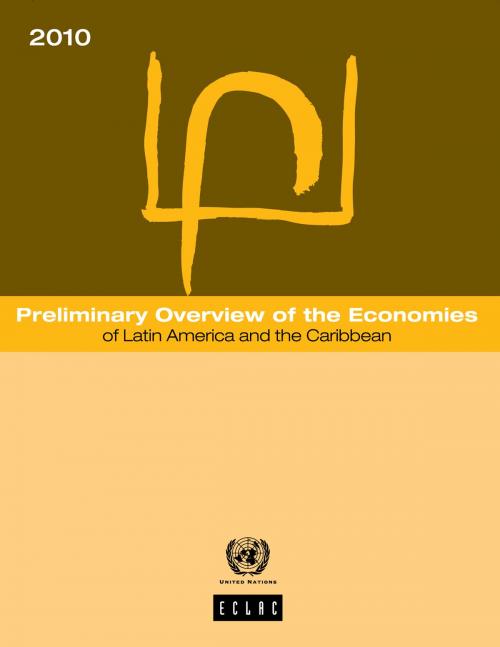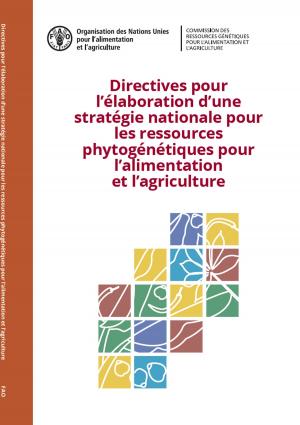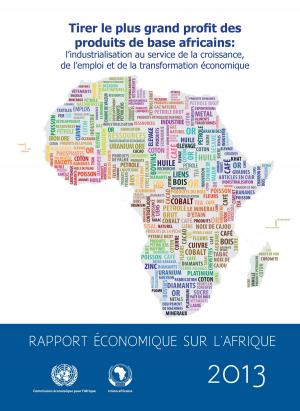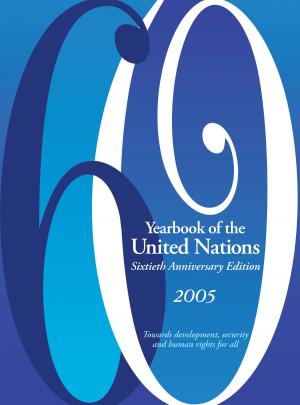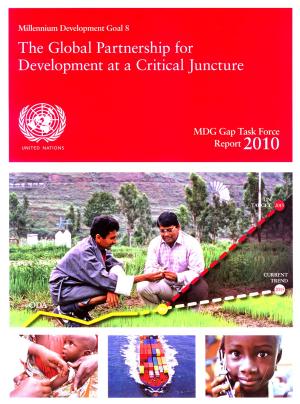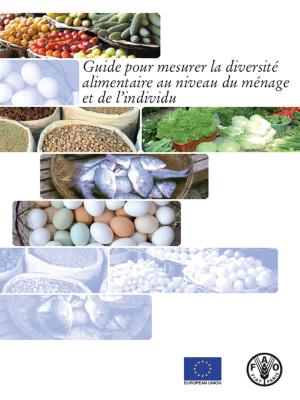Preliminary Overview of the Economies of Latin America and the Caribbean 2010
Business & Finance, Economics, Economic Development| Author: | United Nations | ISBN: | 9789210545440 |
| Publisher: | United Nations | Publication: | February 10, 2012 |
| Imprint: | Language: | English |
| Author: | United Nations |
| ISBN: | 9789210545440 |
| Publisher: | United Nations |
| Publication: | February 10, 2012 |
| Imprint: | |
| Language: | English |
Although Latin America and Caribbean economies are set to grow, sub-regional performance has been varied. In 2010, most economies continued to move forward on the path to recovery. This growth had positive effects on employment and private consumption. However, diverse factors came together in 2010 to create a less optimistic situation for the international economy, which, combined with diminished public spending efforts, suggest a decreased dynamism in the region. In effect, the external environment continues to affect the regions economies. At the same time, the relative strength of emerging economies has led to an increase in the inflow of capital to the region. This situation brought currency appreciation. The challenge is to boost investments through increased national savings in order to better defend the exchange rate parities and contribute to the creation of a standard to support development in the region.
Although Latin America and Caribbean economies are set to grow, sub-regional performance has been varied. In 2010, most economies continued to move forward on the path to recovery. This growth had positive effects on employment and private consumption. However, diverse factors came together in 2010 to create a less optimistic situation for the international economy, which, combined with diminished public spending efforts, suggest a decreased dynamism in the region. In effect, the external environment continues to affect the regions economies. At the same time, the relative strength of emerging economies has led to an increase in the inflow of capital to the region. This situation brought currency appreciation. The challenge is to boost investments through increased national savings in order to better defend the exchange rate parities and contribute to the creation of a standard to support development in the region.
